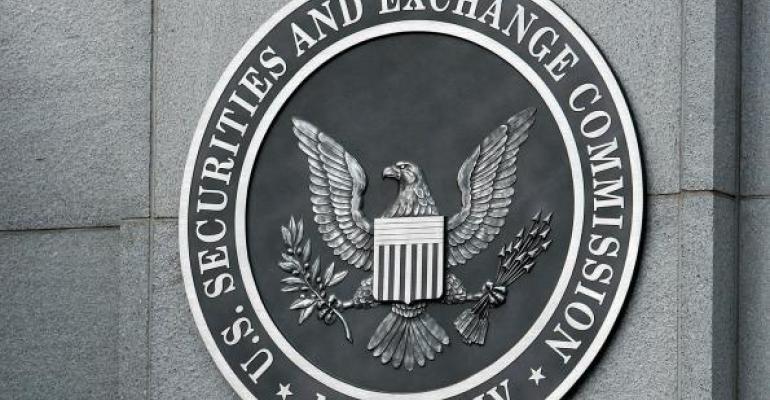Seven unregistered brokers have been charged by the SEC in an alleged matched trading scheme.
The commission filed a complaint against Alex Forester, Michael Hicks, Yarden Krampf, Christopher Lee, Sean O'Neal, Michael Raynor and Lee Sobel in the scheme that operated out of several boiler rooms. According to the complaint, between October 2015 and at least November 2019, the seven charged individuals allegedly made more than $2.8 million in “illicit commissions.”
The complaint claims that a group of unnamed individuals had obtained large blocks of “at least nominally unrestricted shares of small capitalization securities (“microcap”) issuers” and they intended to sell the shares quickly to turn a profit. But selling large amounts of these securities through standard brokerage sell orders could be a lengthy process and could deflate the prices of the shares, according to the SEC.
So, the shareholders partnered with boiler rooms who would cold call potential investors, according to the complaint. While on the phone, the solicitors would ask prospective investors if they had active brokerage accounts with online order-entry functionality, and if so, they promoted the microcap securities. If the investor was interested in buying, the unregistered broker would find out how much they’d like to invest, and then tell the boiler room operator, who would relay the investor’s interest to the unnamed individual(s) seeking to sell the securities. The SEC complaint stated that the shareholder would give the boiler room operator a limit order price, which either matched or was below the share price, which was then relayed to the investor (though the investor had no knowledge of these interactions).
“The prospective investor then entered a purchase limit order online in his or her brokerage account at the price provided by the solicitor,” the complaint read. “Nearly simultaneously, the selling shareholder or his or her agent entered a sale limit order for the same amount of shares at the same price.”
This meant that the investor and shareholder’s orders were likely to partially match, meaning the shareholder could liquidate their stake in the security while simultaneously boosting the trading volume, which could potentially interest other buyers. After finding out how many shares matched between the two orders, the shareholder paid the boiler room operator a commission, usually between 25% and 50% of the funds, and the operator would then pay the unregistered broker who solicited the investor (this was the role the seven charged individuals played).
The seven are charged with violating the broker/dealer registration provision in the Securities Exchange Act of 1934. Forester, Hicks and Krampf consented to entering judgments that would include permanent injunctions and the possibility of civil monetary penalties (though they consented on “a neither-admit-nor-deny basis” concerning the charges in their settlements).





